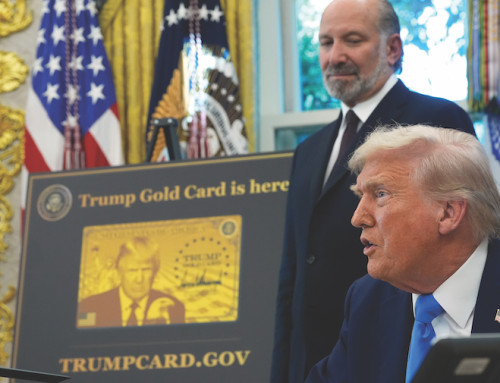WASHINGTON (AP) — The Treasury Department is moving closer to making President Donald Trump’s “no tax on tips” promise a reality, but new guidance tends to limit the number of tipped workers who will be able to claim the benefit.
The agency last week submitted proposed regulations to the Federal Register that includes greater detail on the occupations covered by the rule and who will qualify and what counts as a “qualified tip.”
The “no tax on tips” provision in Republicans’ tax and spending law signed by Trump in July eliminates federal income taxes on tips for people working in jobs that have traditionally received them and allows certain workers to deduct up to $25,000 in “qualified tips” per year from 2025 through 2028. The deduction phases out for taxpayers with a modified adjusted gross income of more than $150,000.
To qualify as a tip, the tips must be earned in an occupation on Treasury’s list of qualified occupations. Among the jobs exempted from tax on tips are sommeliers, cocktail waiters, pastry chefs, cake bakers, bingo workers, club dancers, DJs, clowns, podcasters, influencers, online video creators, ushers, maids, gardeners, electricians, house cleaners, tow truck drivers, wedding planners, personal care aides, tutors, au pairs, massage therapists, yoga instructors, skydiving pilots, ski instructors, parking garage attendants, delivery drivers and movers.
The tip must be voluntarily given, so mandatory tips or auto-gratuities would not qualify for the “no tax on tips” benefit. However, tip pools and similar arrangements qualify, so long as they are reported to the IRS and voluntary. The benefit is not available to married individuals who file their taxes separately.
The tip must be given in cash, check, debit card, gift card or any item exchangeable for a fixed amount of cash, unlike digital assets. Any amount received for illegal activity, prostitution services or pornographic activity does not qualify as a tip, according to Treasury.
The “no tax on tips” provision will be implemented retroactively to Jan. 1, 2025.








